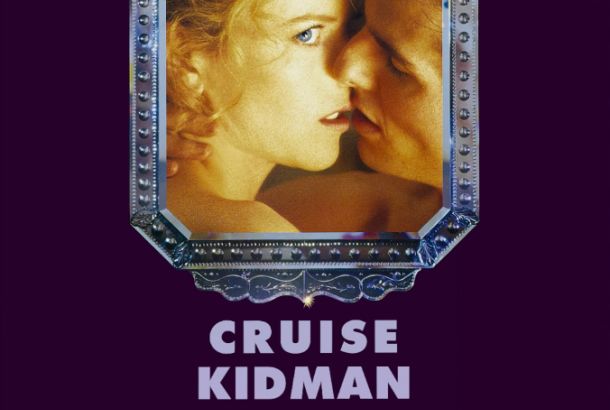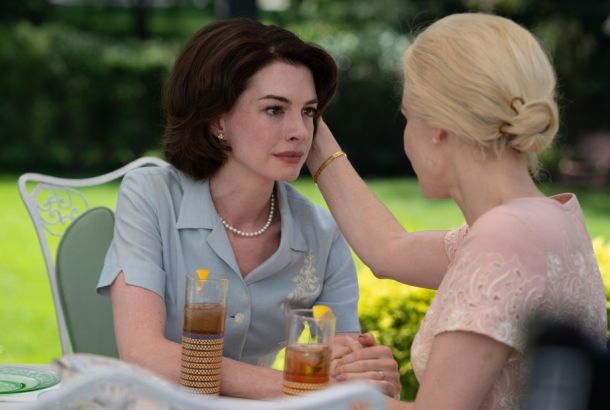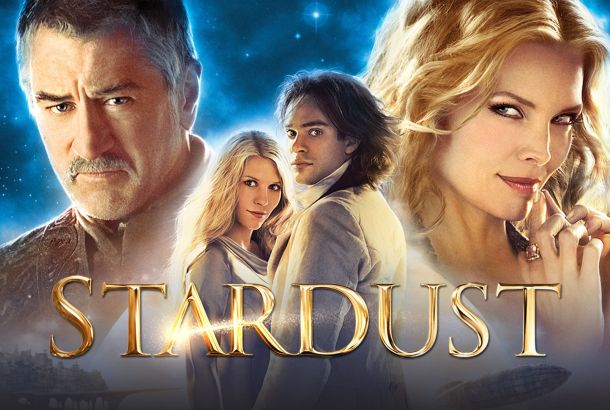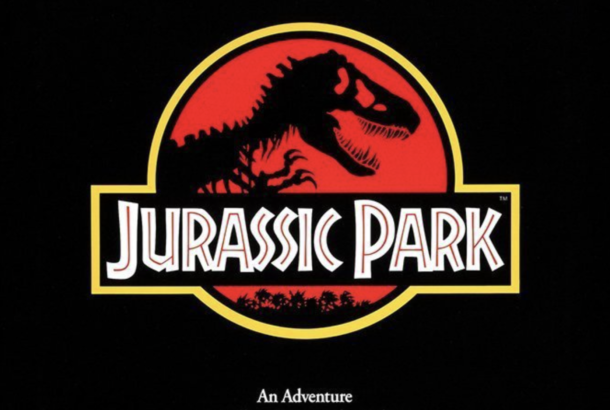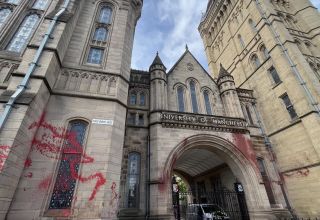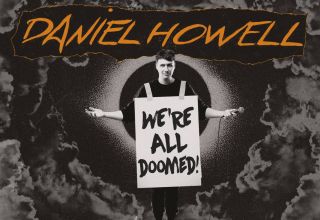I, Daniel Blake: Loach’s masterpiece continues to be worryingly relevant

Dysfunctional technology. Forms. Phone helpline’s hold music. More forms.
These are all accepted facets of modern-day life. Whilst a minor inconvenience to most, together they begin to form a bureaucratic wall against their ‘users’ – a technological barrier that has only worsened since COVID-19. One cannot simply walk into a free event but must have a ticket, a ticket that cannot be purchased at the front desk, but which is only available online. Extrapolate this into healthcare and social services and suddenly the dysfunctionality becomes evident. In a world that prioritises QR codes over leaflets and self-checkouts over workers, it is not hard to imagine the emergence of a new class. ‘Form-fillers’ are the new working class with the invisible bureaucrat at the top of a worthless, depressing food chain.
Throughout I, Daniel Blake, that person is simply referred to as ‘The Decision Maker’ – an apt moniker for the person ultimately responsible for the titular character’s benefits application. Today, the faceless outsourced call centre is no longer just dealing with Amazon refunds but is also making decisions about whether or not you will have enough money to eat tonight.
Daniel Blake has been ruled unfit to work after he suffered a heart attack, so seeks Employment and Support Allowance (ESA) from the Department for Work and Pensions (DWP). An ‘independent healthcare professional’ from the DWP decides otherwise and advises him to apply for Jobseeker’s Allowance (JSA). One can only receive JSA from the DWP if one is not on ESA from the DWP but in order to obtain JSA one must prove to the DWP they are seeking work for 35 hours a week but Blake can’t take any work as his doctor says he’s unfit to. He also can’t appeal this decision before hearing back from ‘The Decision Maker’ and if he fails any of these conditions, then he risks being sanctioned. Confused yet?
Behind this sprawling bureaucratic wall of algorithms and good old-fashioned paperwork lies implicit threats of violence. The moment someone begins to question the process, they are viewed as aggressive, and the looming sceptre of security and police are invoked. This is illustrated in a multitude of ways throughout the film: the ever-present security guards at the doors of the job centre, the police who are quick to arrest Daniel after his act of graffiti in protest and of course the non-physical violence that plagues these people’s lives.
It is the latter that is the most pervasive; the emotional labour that is required to simply keep going on infects every scene. What was once a heartfelt dinner amongst friends suddenly becomes commodified into gas, water, electricity, heating and a set of tables and chairs that will later be sold in desperation for money. As the film immerses you in the lives of Daniel and Katie, it begins to train your mind to think like them too.
Ken Loach bleakly proposes that escape is an option only afforded to the rich. On the day of his appeal, Daniel suffers a fatal heart attack – killed not only by a failing state but by the pure dysfunction of bureaucracy. And yet, despite ending in a funeral, the film also offers fleeting visions of hope in its uncompromising attention to humanity. Crafted out of a tapestry of testimonies across the Northeast of England, I, Daniel Blake is a film about all of us. Beyond the disorienting world of bureaucracy and hardship, it also tells of the basic salvation of friendship.
Daniel forms a close bond with Katie and her two children Daisy and Dylan, a family from London who are struggling to get by and have been all but cast out by the DWP. She is faced with being sanctioned and forced to turn to a food bank. Firmly rooted in the social realist tradition, Loach does not shy away from these harsh realities but neither does he revel in them. Instead, on par with the pointed political criticism, what stands out is a camaraderie amongst strangers and a warmth in human connection.
Later in the film, Daniel helps Daisy fix bubble wrap onto the windows as ad-hoc insulation. Daisy’s now beaming smile is not enough to overtake the starkness of the image. In the past year, we have seen This Morning play wheel of fortune to pay a lucky winner’s energy bill this winter and a conservative MP went on the news cheerily telling people to line the back of their radiators with tin foil as a ‘cost of living hack’. Seven years on and the situation has only worsened.
By presenting the film within the social realist aesthetic: using largely local non-professional actors, filming on-location, little use of non-diegetic sound etc., Loach pointedly suggests that this disorder is in fact normality. In the eyes of the ruling powers, hunger and poverty are simply an accepted part of the status quo. Whilst the film puts forward an anxious vision of a dysfunctional society, it also makes sure to let the viewer know that this is designed. It is no accident that the film ends in death, merely the logical conclusion to a society whose equilibrium is so severely skewed that this is all considered to be normal.
It’s this sense of tragic normality that pervades the film and almost renders this work of fiction as real. Set on the same streets of Newcastle that I have walked many times, I see within Daniel Blake shades of people I have met. Loach’s attention to detail is not only exhibited in the well-researched and damning plot about the benefits system but also in the way he captures how real people relate to one another within the North East. It is certainly not all a cosy picture but there is always an underlying solidarity felt amongst Blake and his community, not least in the support he receives whilst graffitiing the job centre in protest.
Loach’s film eschews almost all cinematic artifice, rejecting an idealised look at poverty whilst never falling into the realms of the dour genre of so-called ‘poverty porn’. It is a masterful balancing act between incisive, current political commentary and a character drama about found family and community. Even without the contemporary resonance, there is an emotional honesty and fragility to the film that takes it out of time and places it within a larger canon of human stories that we keep revisiting.
Loach paints Daniel and Katie’s story as an almost Sisyphean struggle. Not only against the seemingly endless labyrinth of bureaucracy but also against the state itself and the implicit and explicit violence that comes with threatening it. Yet, as is contained within Camus’ philosophical writing on Sisyphus, there is still a hope and a desire to live that can be found within all of this. It is with this sentiment that makes the film so resonant. One does not see darkness without the light and there is lots of light to be found here, in and amongst the gloom that is Conservative Britain.
